While the Non-Citizens Employment Regulation Bill matches similar laws in most countries in the world, the BBC reported that Kenyans, Zambians and Chinese nationals appeared to be the main targets of the new law.
Meanwhile, a Tanzanian plan to build a road that would cut through the Serengeti National Park — and effectively halt the world-famous wildebeest migration that terminates spectacularly in Kenya’s Maasai Mara — seems to have been frozen only by global protests by environmental groups.
Most seriously, however, Kenya has been seen to be at the heart of a “coalition of the willing” between the administrations in Nairobi, Kampala, Kigali and lately Juba, which have isolated Tanzania from a series of mega-projects planned in the region and triggered disquiet in the halls of power in Dar es Salaam.
Some have questioned whether the escalating spat between Kenya and Tanzania could herald anew the problems of mutual mistrust and hostility in the 1970s that led to the break-up of the original East African Community.
“There is no looking back in the journey towards integration,” he said. “Our people already enjoy so many ties. What is important is for those in power to emphasise the integration of the East African people rather than just their governments so that citizens appreciate the benefits of integration. I highly doubt we will see the breakup of the union, there just needs to be better communication.”
Kenyan observers are far less optimistic. Dr Samuel Nyandemo of the University of Nairobi’s Department of Economics says Kenya should find alternatives to the Tanzanian market because the relationship between the two countries is in a state of permanent dysfunction.
“Around the world, the trend is towards integration, with people looking to build bigger markets and partnerships which are mutually beneficial. (President Jakaya) Kikwete’s attitude is, however, inward looking, introverted and outdated. Kenya should intensify its relations with the more modern, open-minded leaders in Uganda and Rwanda and explore new markets and commercial relationships in Ethiopia, South Sudan and even Sudan.”
ECONOMIC DOMINANCE
Ties between Kenya and Tanzania have never been warm. The worldviews of the founding fathers of the two countries, Mzee Jomo Kenyatta and Mwalimu Julius Nyerere, were radically different.
Mzee Kenyatta branded his economic policy “African socialism”, but he was in fact a believer in the free market, attracting large flows of investor funds into the country which not only helped to make Kenya the biggest non-mineral economy in sub-Saharan Africa but also one with some of the highest levels of income inequality.
Mwalimu Nyerere, in turn, dabbled with a socialist experiment of collective production known as ujamaa, which failed disastrously — meaning Tanzania, despite its vast mineral deposits and huge agriculturally productive lands that some say should make it “Africa’s Australia”, is instead an economic laggard by most standards.
Nevertheless, President Nyerere left behind a nation with one of the highest levels of social cohesion on the continent.
The clashes of the 1970s between Mzee Kenyatta and Mwalimu Nyerere appear to have been rekindled under the watch of the younger Kenyatta.
A veteran diplomat who requested anonymity to discuss internal deliberations within government in which he took part told the Sunday Nation that at root, the sour relations between Kenya and Tanzania were a tussle for economic dominance and a proxy for the competition between Tanzania’s planned multi-billion new port at Bagamoyo and Kenya’s Mombasa port and its planned new facility in Lamu.
“When President Kenyatta came to power in 2013, he was told that the greatest strategic challenge Kenya faced was the slow death of the Mombasa port due to years of inefficiency and the declared plans by (Presidents Yoweri) Museveni and (Paul) Kagame to build road and rail links to the new Bagamoyo port. In fact, Rwanda was so frustrated with Mombasa that it had even opened talks with Djibouti, asking to be allowed to build its own port there.”
The diplomat said unlike his largely aloof predecessor Mwai Kibaki, Mr Kenyatta quickly built good relations with Mr Museveni and Mr Kagame and bent over backwards to show them that the Mombasa port was being reformed.
A key decision was the adoption of a single customs territory regime under whose terms Ugandan and Rwandan customs officials are now allowed to directly collect duty on goods heading to their countries at the Mombasa port.
The move triggered disquiet among Kenyan operators at the port, with the Kenya International Freight and Warehousing Association recently claiming it had affected 500 companies involved in the clearing and forwarding business and could lead to job losses among Kenyans.
But the decision proved a diplomatic success, arresting the earlier drift of Kigali and Kampala towards the Bagamoyo port.
ISOLATION
This early rapprochement between the three countries built into what President Museveni would later dub the “coalition of the willing”, with the three heads of state holding a string of summits from which President Kikwete was notably absent.
But some critics say there was also an element of peer rivalry and resentment over Mr Kikwete’s regional “golden boy” status which saw President Barack Obama pass other countries in the region over for a stop in Dar on his African tour in July 2013.
The key moment in the diplomatic manoeuvring came on August 28, 2013 when the three heads of state and President Salva Kiir of South Sudan met in Mombasa and inked a deal to jointly push a series of major infrastructure projects including the standard gauge railway and an oil pipeline.
All these developments caused great alarm in Dar. In what Tanzanian newspapers described as a tense parliamentary session in the first week of November 2013, President Kikwete assailed the seeming isolation of his country.
“For some time, I have been asking myself: is there a scheme to force Tanzania out of the EAC?” he said. “Do my brothers from Kenya, Rwanda and Uganda hate me personally? Finding answers for these questions has been a hard nut to crack.”
Mr Kikwete questioned why Uganda, Rwanda and Kenya were holding meetings on their own to discuss major projects yet his country was a key stakeholder.
“This is a clear move to isolate Tanzania. How can we realize political integration through isolation?” he said.
The veteran diplomat approached to analyse these developments said while Mr Kenyatta had shown good diplomatic skills in wooing Uganda and Rwanda to the Kenyan side, his administration had badly mishandled the recent Tanzanian tour vans situation.
Around the world, he argued, countries that dominate their economic blocs like Germany and Brazil work very hard to keep their trade partners happy and take the lead in fighting to maintain regional integration projects.
Since Kenya has much more to lose from a deteriorating relationship with Tanzania than Tanzania does, he argued, Kenya should simply have allowed Tanzanian tour drivers into JKIA despite the lack of reciprocity when it comes to game drives.
According to the Economic Survey of 2014, Tanzania was second only to Uganda on the continent as an export destination for Kenya in 2013, taking in goods valued at Sh40.5 billion.
Thousands of Kenyans are employed in Tanzania, holding primarily mid-level managerial positions.
Businessman and commentator Robert Shaw says it is vital for Kenya to repair ties with its neighbour.
“This is a sensitive and important relationship,” he said. “There needs to be a much greater effort on both sides and especially on the Kenyan side to get the two sides to sit down and talk. There is a lot of potential for this relationship to work much better.”
Dr Bana, however, argued that it was possible to overstate the extent of the problem.
“It is true that we have seen many meetings between Kenya, Rwanda and Uganda, but that is perfectly in order and the projects they are working on are within the ambit of the EAC. However, President Kikwete attended the most recent meeting and we saw very warm words exchanged between him and President Kenyatta. The fact they have a jovial and respectful relationship is a good omen, and there is no reason why the problems that exist cannot be surmounted.”
Dr Bana pointed out that the minister in charge of East African cooperation in Tanzania was yet to speak about the latest restrictions on Kenya Airways and said it was only fair to believe the Tanzania Civil Aviation Authorities’ stance that its actions flowed from a breakdown in negotiations and was not punitive.
The political science lecturer said leaders of the two countries need to appreciate that international relations should be governed by a mutually respectful give-and-take approach.
“Some of us who travel frequently use Kenya Airways and are bound to be affected by these cutbacks,” he said. “Yet it is also true that Kenya has enjoyed a virtual monopoly on the Dar, Zanzibar and Entebbe routes, which is not always to the benefit of customers. Nobody wins in this stalemate. The Tanzanian tourism industry may suffer, travellers will be inconvenienced while Kenya Airways will also be negatively affected.”
Dr Bana said the Tanzanian decision seemed to have been taken “hurriedly without looking at its impact” and called for talks to resolve the standoff. In the long term, he said, Tanzania and Uganda should explore reviving their national carriers or preferably look at the possibility with Kenya of building an East African airline.
Dr Nyandemo, in turn, argues that the future is bleak for Kenya-Tanzania ties.
“Fundamentally, the issue is that Tanzania is not sure it wants to belong in the EAC. It has taken a spaghetti approach to integration and has one foot in East Africa and another in the Southern African Development Community. We should be honest with ourselves and work with more open-minded leaders who appreciate that integration in the modern world is about benefiting from the comparative advantage of one another and is not governed by pettiness and jealousy.”
The hostilities between Nairobi and Dar es Salaam have occasionally taken a comical turn, with a Tanzanian MP last year demanding that the attorney-general in Dar es Salaam take steps to stop Kenya Airways from using the image of Mount Kilimanjaro in its promotional material.
Same East MP Anne Kilango-Malecela told Parliament that she had seen “a Kenya Airways plane bearing Mount Kilimanjaro as a symbol and yet the (Tanzania) government is silent...the mountain is in Tanzania and is a leading tourist attraction,” she said.
Attorney-General Frederick Werema, however, responded that it was not wrong for the airline or any other party to use Mount Kilimanjaro as a business symbol “because Tanzania has not taken out a patent for the mountain. It is true there is such a plane moving around with images of Mount Kilimanjaro, but there is no problem because the mountain can also be viewed from Kenya,” he said. In the months to come, it will be instructive to see whether it is the more integrationist attitude adopted by AG Werema or the more hostile attitude of those such as MP Kilango-Malecela, that will triumph in the always difficult relationship between Nairobi and Dar. *Source
Daily Nation

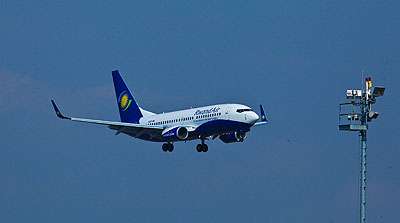

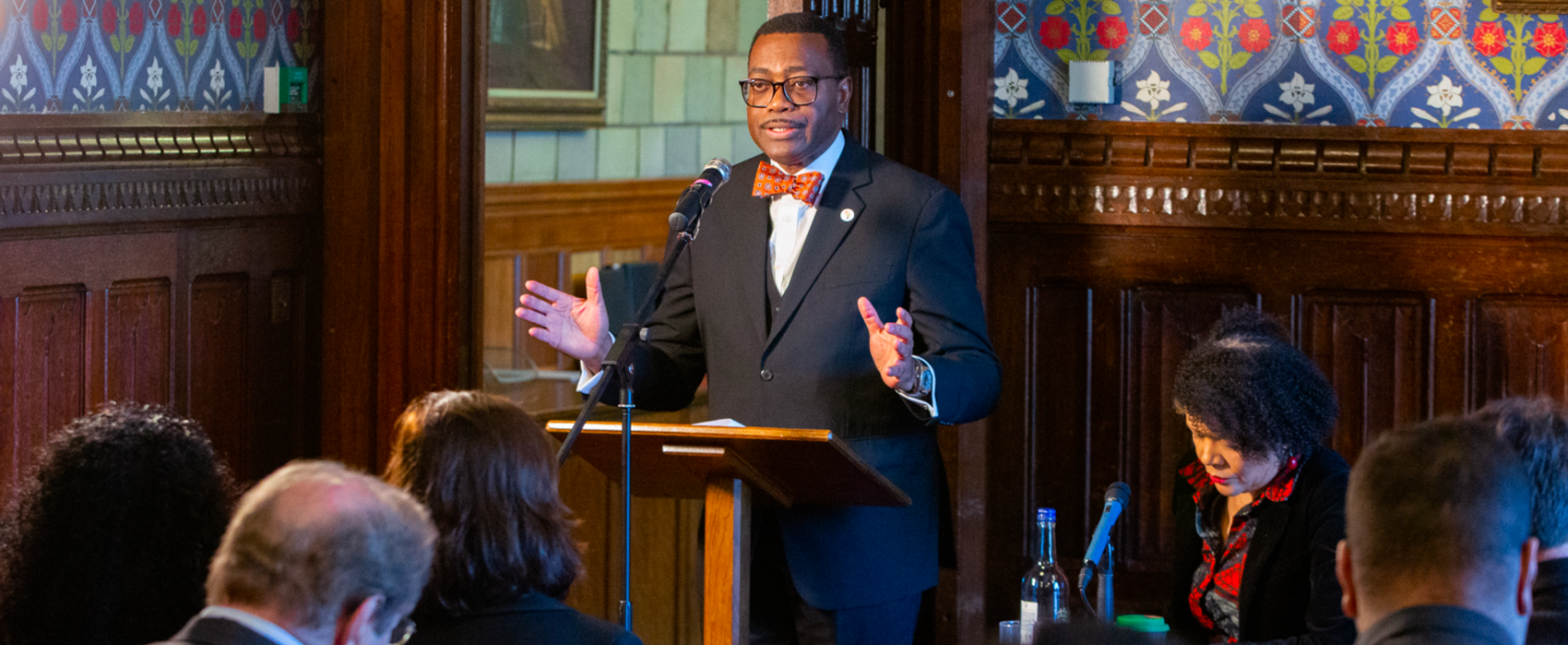
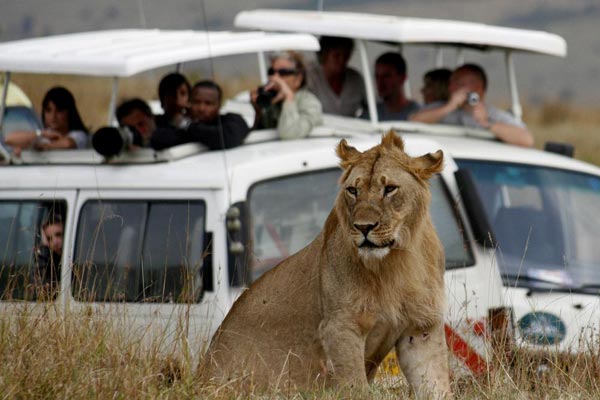



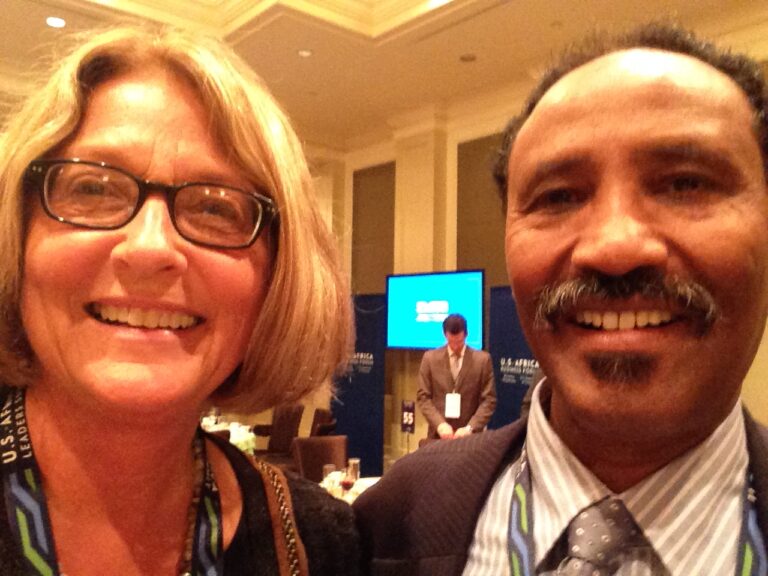
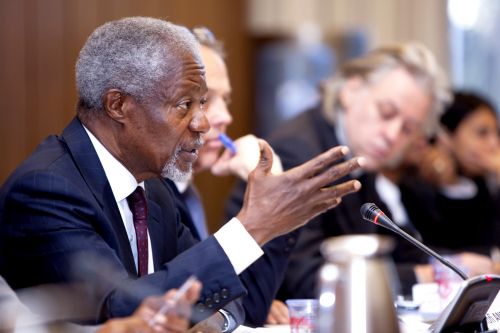
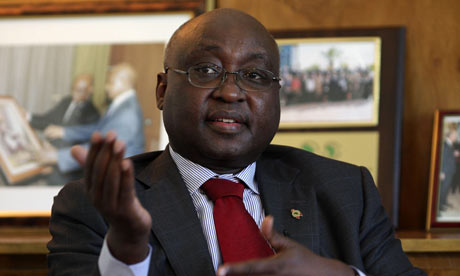
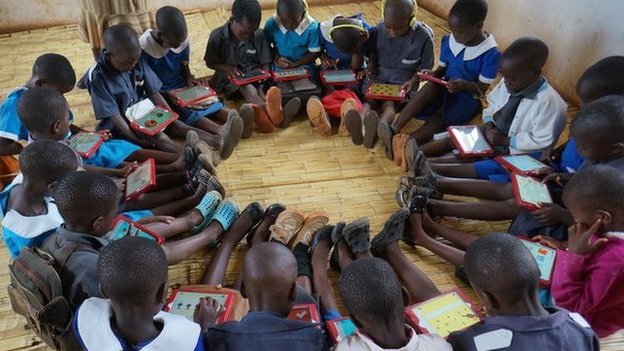








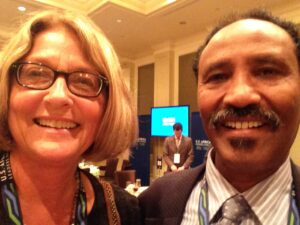









Tanzania has been working to make the EAC fail for many years now and primarily because of her envious resentment of Kenya – they seem to have mapped their own strategy and there is no turning them back. Spending a ‘lifetime’ wooing an unwilling suitor may ultimately hurt the love-struck. It’s good to recognize when the love is gone and move on, and that exactly is what Kenya must do.